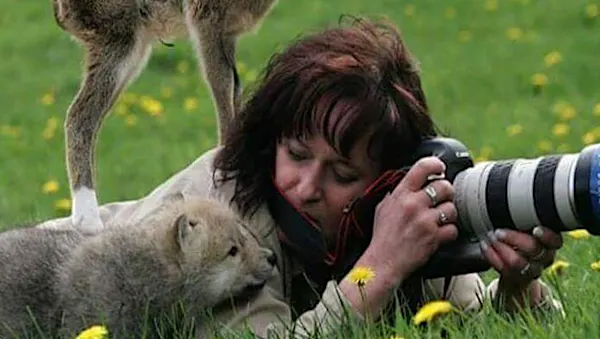It's a little late in the day for a greeting but Happy Valentine's Day anyhow!
Yes yes I'll be returning to the blogosphere soon, maybe Monday. I've been involved with family matters.
I'll also mention that John Batchelor is scheduled to return to the airwaves on Monday. He's been recuperating from surgery and radiation treatments for his base of tongue cancer, which has become an epidemic in men over 50. In his case the cancer was caught before it metastasized so the prognosis for him is very good.
As to why this cancer has been striking older males, thereby hangs a tale, some of which John related the other day to fellow New York radio talk show hosts Bernie and Sid on their show. Here's the podcast for the brief discussion. And there are scientific reports on the internet about the cancer. But the short answer is that beyond establishing its association with HPV (human papillomavirus) scientists are still trying to understand the cancer; in the meantime, oncologists have gotten skilled at treating it. The key to surviving it, as with all other cancers, is early detection.
Regarding the photos, they're from one of those websites that copy items from other sites then make the reader click through one slide after another; in this case the slides show what a day at the office is like for wildlife photographers.
Some of the photos are likely staged but I've seen enough of such photos to know that once wild critters overcome their caution about human interlopers they can be very curious about the cameras and what the interlopers are doing with them.
Except for meerkats. They couldn't care less about cameras. These very warlike little creatures always have a member of the tribe on guard duty. So their view of a standing human, including a wildlife photographer, is that the top of its head makes a great lookout post.
Speaking of critters, the March edition of The Atlantic features a fascinating article titled Scientists Are Totally Rethinking Animal Cognition. One of the show-stopping observations is found in the last sentence of this passage:
Mammals in general are widely thought to be conscious, because they share our relatively large brain size, and also have a cerebral cortex, the place where our most complex feats of cognition seem to take place. Birds don’t have a cortex. In the 300 million years that have passed since the avian gene pool separated from ours, their brains have evolved different structures. But one of those structures appears to be networked in cortexlike ways, a tantalizing clue that nature may have more than one method of making a conscious brain.A couple years ago I studied videos posted at YouTube on the behavior of cockatoos who live with humans and are treated as a member of the family. From this, my impression is that cockatoos are very 'conscious' beings and what's more have strong emotions that are not merely imitative of their human companions.
I remember one video of a cockatoo, left alone for hours with the family dog, angrily trying to explain to the lady of the house what its day had been like. She kept interrupting the rant to sternly tell the cockatoo that she didn't like to be spoken to in that tone.
This only added to the cockatoo's obvious frustration and the feeling in its voice was reflecting this, as it continued trying to explain within the limitations of its language, and she continued interrupting with a lecture on the importance of politeness.
At one point the camera panned to the dog, who was sitting on the floor as close to the two as he could get and intently watching their exchange. There was something in the dog's expression, as if to say, 'Well I have no idea why the bird is having a bad feather day' -- that caused me to recall from other videos I'd seen that cockatoos cannot bear the sound of incessant barking -- and that very likely dogs who live with cockatoos know this.
The same thought might have crossed the woman's mind at some point because suddenly she kissed the cockatoo on the beak. That immediately stopped the rant and clearly mollified the bird: finally, a little understanding and sympathy.
But that cockatoo's effort to communicate its frustration to the most important being in its life and its additional frustration that the being was not listening was clearly on display. It very nearly brought tears of empathy to my eyes.
We've all been there, haven't we?
********

No comments:
Post a Comment